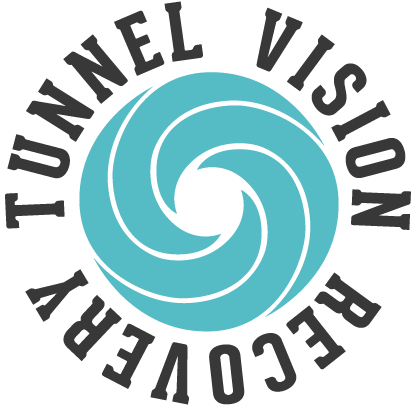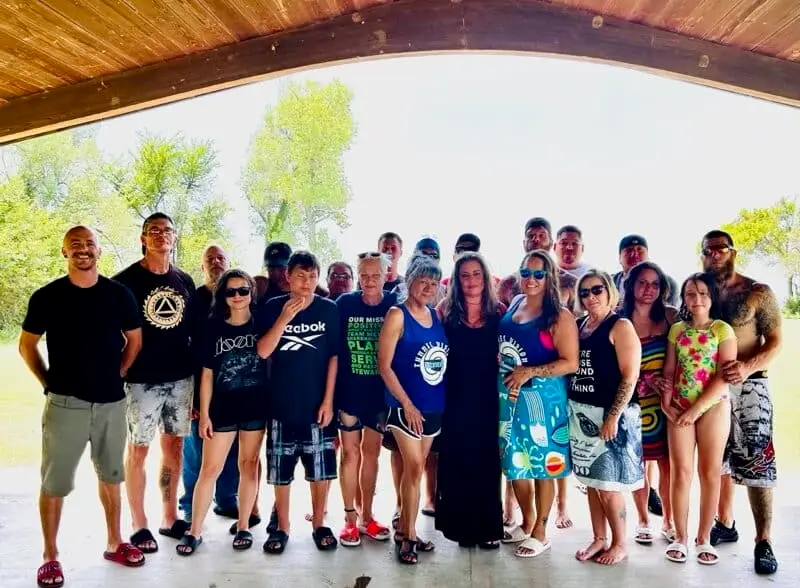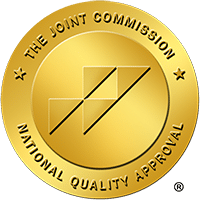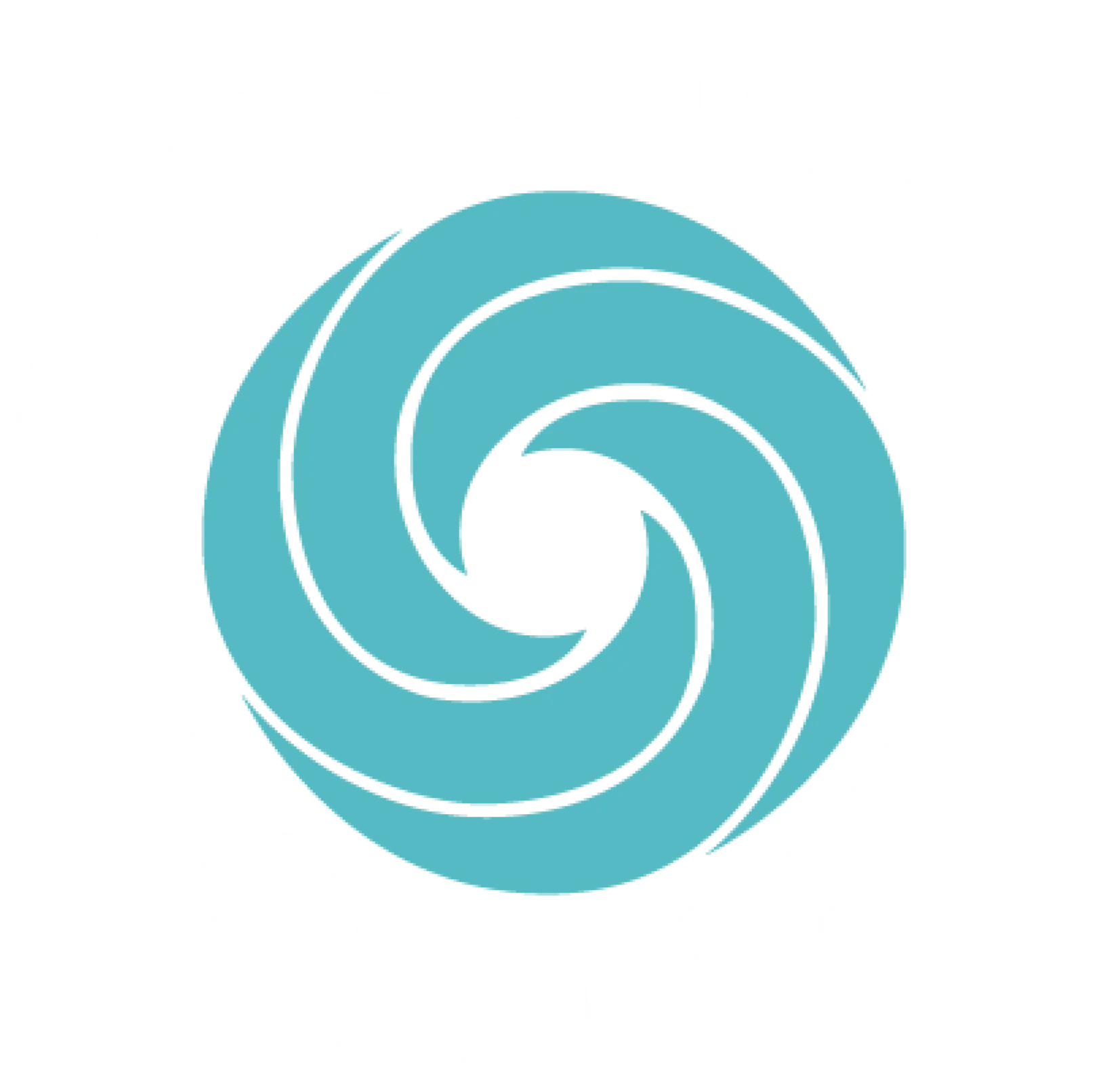Video Transcript Below
How can family and friends best support someone in recovery? I think that this varies. Yeah. So I’m not necessarily the best one for this question but I’ll precursor my opinion real quick. Okay. It’s solely an opinion because I’m someone who didn’t have friends or family. Going into early recovery, uh, or recovery in general for the most part.
I think you should be supportive emotionally, at a distance, and not at all financially, and that’s period. If you have to help with their insurance and stuff to get them in the door? Cool, but never give somebody an active addiction or even early addiction recovery money in their pocket. So dumb. Not smart.
Don’t do it. But I’ll let Cody take over from there. Um, ironically, uh, exactly what I was going to say is what he was saying. Your family need being cut off from your family was the best thing for me in early recovery because for so long, I had told him, Oh, I’ve got this many days clean. I got that many days clean because I was doing it for them, not myself.
I was telling him this to get something I wanted. Once I got what I wanted, I was right back out doing the same thing again. What I like that we do, though, is our case managers have them put somebody on their contact list. That is usually family or a close friend that they’re still close with. And the case manager can stay in touch with them and can be the point of contact between the client and them.
So that way the client’s not trying to use them for money because sometimes man, you need to be separated from them in the beginning, because your family and be your biggest enabler, or they can even be using with some other family members. I, that was the best thing for myself was cutting myself off from my family and early recovery.
It was so bad that for the first seven days, my mom didn’t know I was okay and called the Duck House hotline, looking for me, because I didn’t tell them I was okay. Uh, that’s how I feel about it. Sometimes, though, I’ve seen it be really good. You know, you have family that’s very proud of you. They’ll come and visit.
Those are really beautiful moments. It’s all case by case, though. I feel like, Well, I’m coming to visit. It’s very different than financially supporting them, you know, buying them clothes, buying them things. Just, you know, it almost seems like the buy-in that you guys talked about was a good mindset for early recovery.
The family needs to be bought into the same ideas. And if they’re not, then, cause, as you said, it could go either way. Right. Family and friends could be important in your recovery. Like, if your family and friends are good responsible people that, you know, set a good example for you in your life and they want you to be better, or it could be the terrible situation where they’re inactive addiction or, somehow feed your active addiction, whether that be, putting you in places that you shouldn’t be putting around people that you shouldn’t be.
I think the best advice that I’d give family and friends, though, uh, now that I had a second to think about it, is to go to a couple of open AA and NA meetings, you know, and see how other addicts and alcoholics talk, hear about their problems, see them support one another. And then, if you’re not yourself.
Active addiction, go to Al-Anon and learn how to be in a healthy relationship with your loved one or friend. Because they’re the experts. I’m the addict. Yeah, and you know, the outing to Al-Anon helps people who have, you know, let’s say your son or spouse is a crazy addict, and they’ve kind of, Gaslit you or, you know, broke you down where there are no boundaries.
Establishing boundaries and knowing what a normal relationship looks like and how you could change your relationship with that person to be healthier and more normal would go a long way. It can be helpful. I mean, I’m sure a lot of people who have sons or.
Spouses that are in an addiction to tell for them, you know, yeah, well, they, you know, like getting high is your reprieve, and then the people that are around you are suffering all the same consequences and chaos and trauma that you’re going through, but they don’t have the reprieve that you get when you get loaded.
So then, the odds are that makes them probably sicker than you are because your excuse is that you’re on drugs or you’re drinking alcoholically. Their excuse is. It’s perhaps codependency and a handful of other issues that need to be addressed. So, I think it’s just like Al-Anon; there are peers there who can model healthy boundary setting, not controlling.
All the do’s and don’ts of Al Anon are pretty important. I didn’t really even know anything about Al Anon much, except in college one of my assignments was, go to a support group that doesn’t include a problem you have and uh, be an observer. Al-Anon. And so I got permission from this Al-Anon group to come and observe them.
And man, I was just like, I felt so bad. I was like, I am the guy. I am your son. I’m your nephew. I’m your grandson. I’m your husband. You know, ’cause there’s a bunch of old white ladies. I was like, Oh, I got to get out of here, man. But they were all so glad I was there. They’re super nice. I was like, ah, this is crazy.
I got to get out of here. But, uh, yeah. Man, but they were so good for each other and they, like, it was cool to know that there was that available and it helped me, again, become a better case manager to build my resource box.





